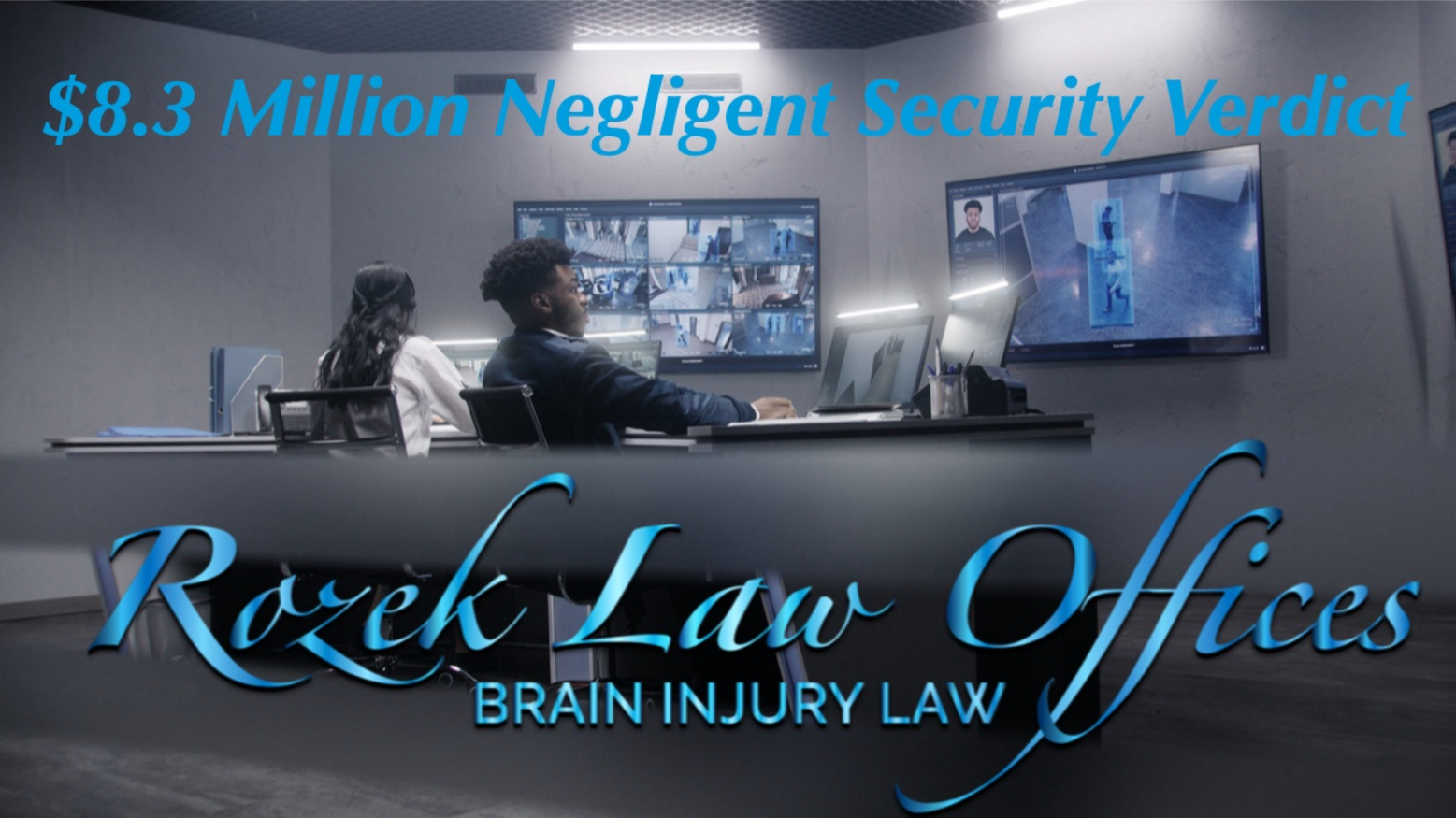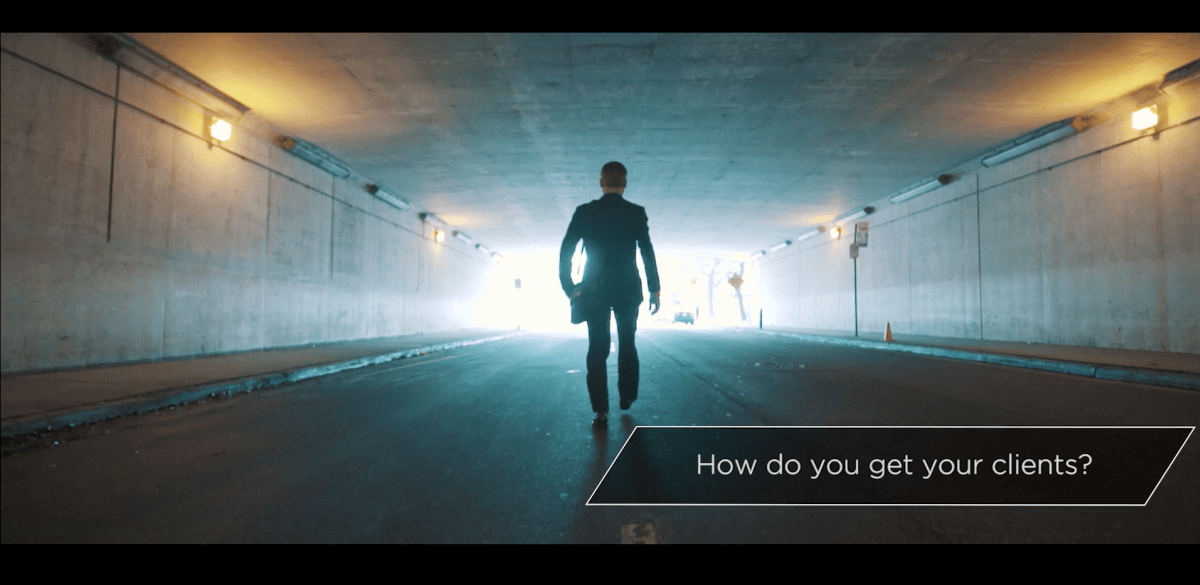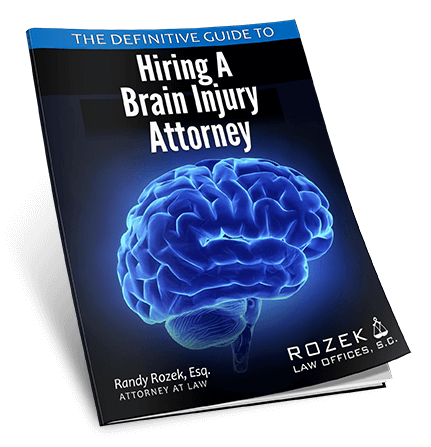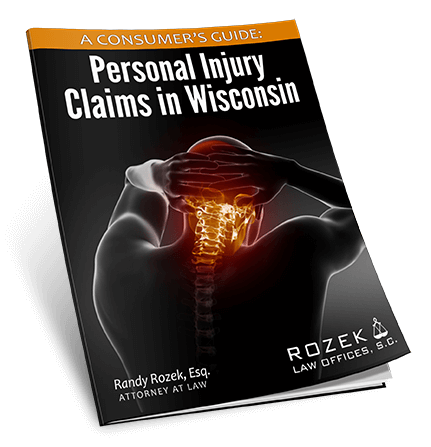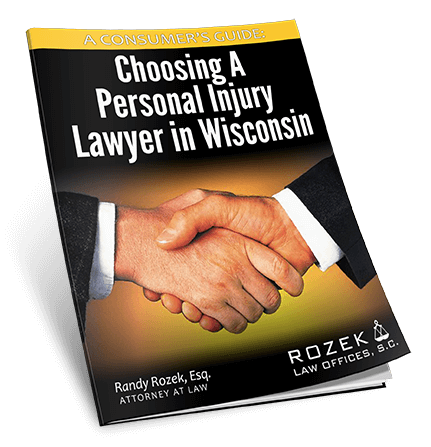Traumatic brain injury silent epidemic in prisons
It’s International Brain Injury Awareness Month in March and while many organizations are spreading the word about the effects of brain injury, the symptoms of brain injury and the different types of brain injury – an article posted by The Conversation is reminding people that traumatic brain injury (TBI) is a “hidden disability” within the […]
It’s International Brain Injury Awareness Month in March and while many organizations are spreading the word about the effects of brain injury , the symptoms of brain injury and the different types of brain injury – an article posted by The Conversation is reminding people that traumatic brain injury (TBI) is a “hidden disability” within the prison population.
“Despite evidence that TBI can lead sufferers to be more violent and reoffend, there is a worrying lack of information about the extent of the problem and there is no standard screening process,” the article reads.
Prisoners who have suffered traumatic brain injury are reportedly more likely than their counterparts to suffer from mental health issues such as anxiety, depression, bouts of anger, thoughts of suicide, and substance abuse.
Recent studies also show that the rate of brain injury within prison systems is higher than that of the rate found in the general population.
“Despite studies highlighting the significant prevalence of TBI in inmates , there has been little consideration of this in the development of policies and procedures. An important review conducted in the UK and published in 2009 exploring the mental health needs of prisoners made no reference to brain injury at all,” the article reads.
Evidence shows that TBI is a leading cause of death and disability across the world and when considering prisoners, many have at one time or another lived violent lives, been exposed to childhood abuse, or have engaged in risky behavior.
“TBI can also lead sufferers to be more prone to violent behavior and therefore reoffend ,” the article reads.
Researchers recently published results of a study focused on a sample of prisoners and the findings reportedly revealed that those with TBI were more likely to commit crimes post release.
At least 17 studies on prison populations revealed that there are high rates of TBI within the system. One study found that about 82 percent of prisoners at one facility had suffered a TBI at some point in their lifetime.
Advocates for brain injury feel there’s a need of screening inmates for brain injury prior to entrance.
“When inmates are identified as having a TBI, they can then be placed into tailored programs which may reduce the risk of these potentially vulnerable individuals engaging in offending behavior when they are released,” the article reads. “The earlier in the criminal justice process that such screening can be made, the better.”
Increasing awareness, staff training, and specialized support for prisoners with TBI could help reduce the number of people reoffending, according to the article.
“Ultimately, it would aim to reduce the overall prison population.”





